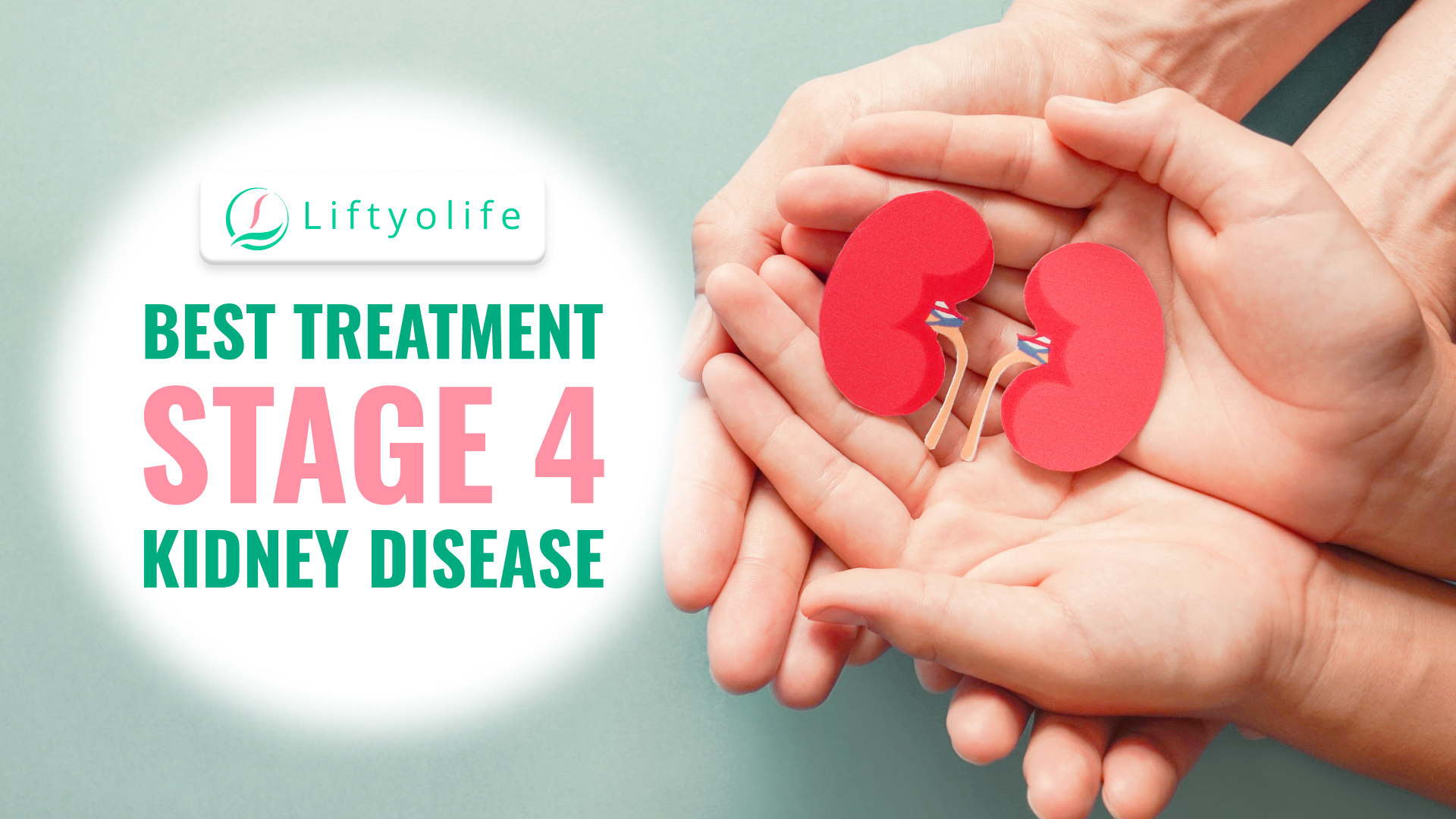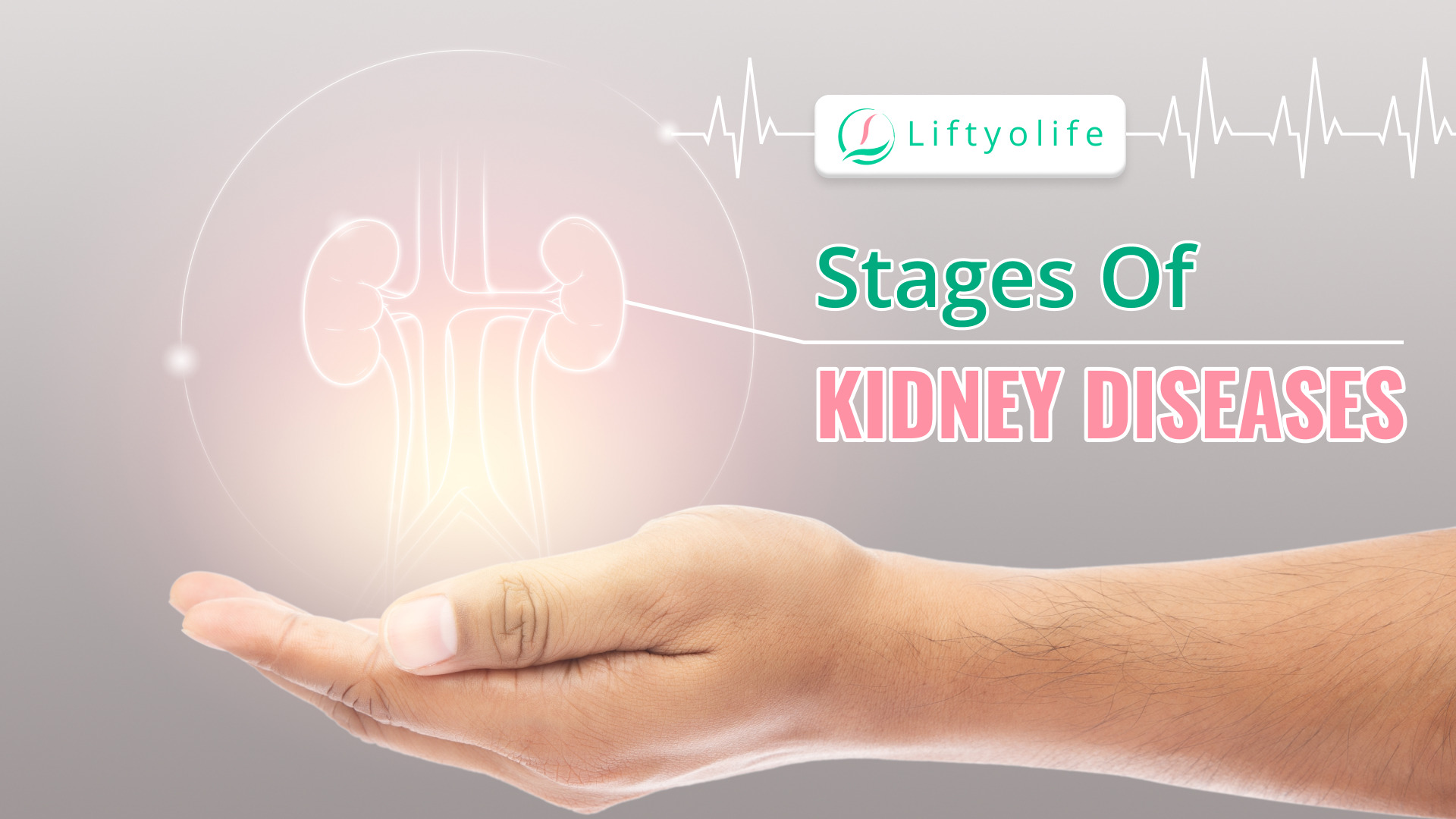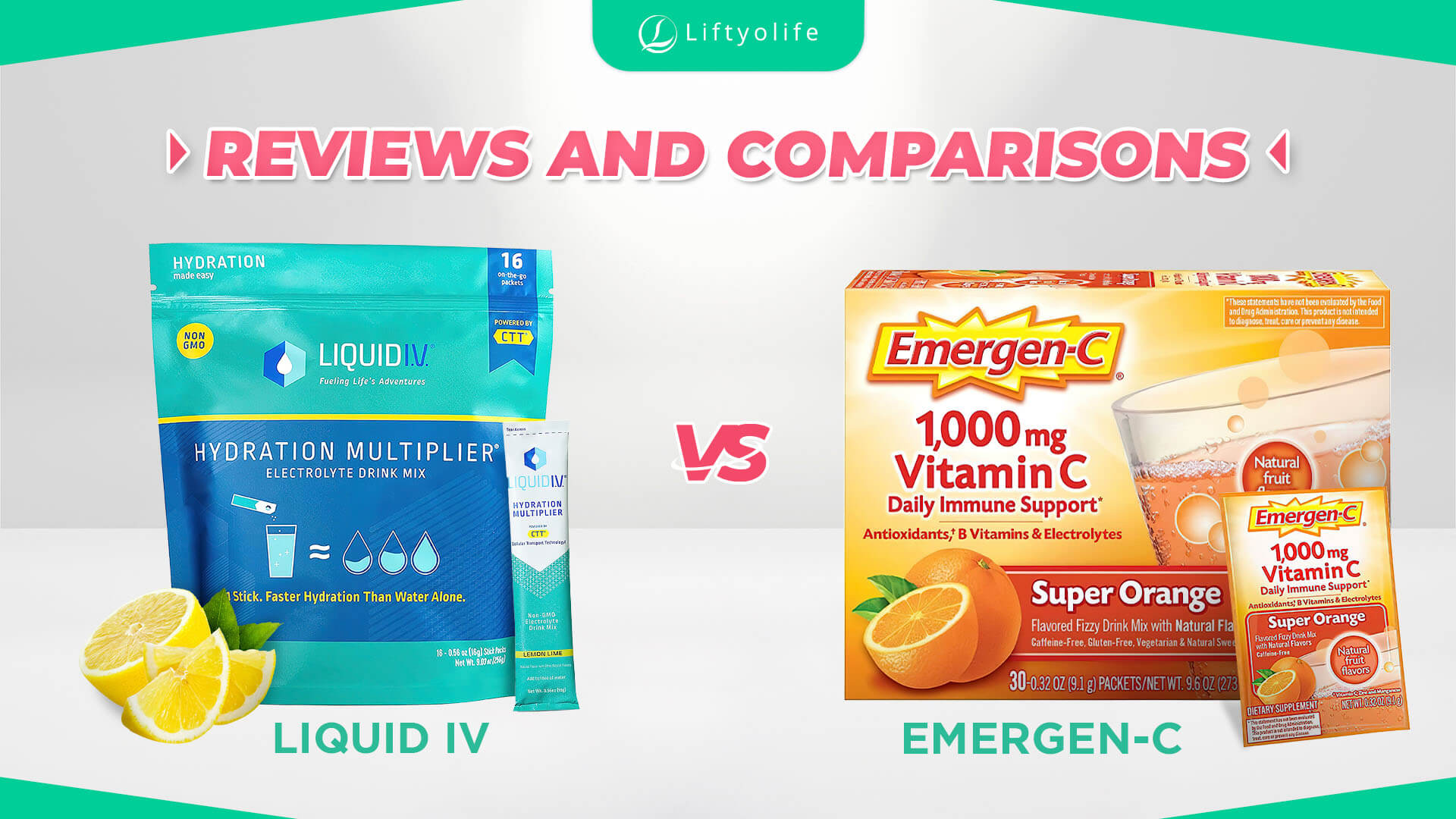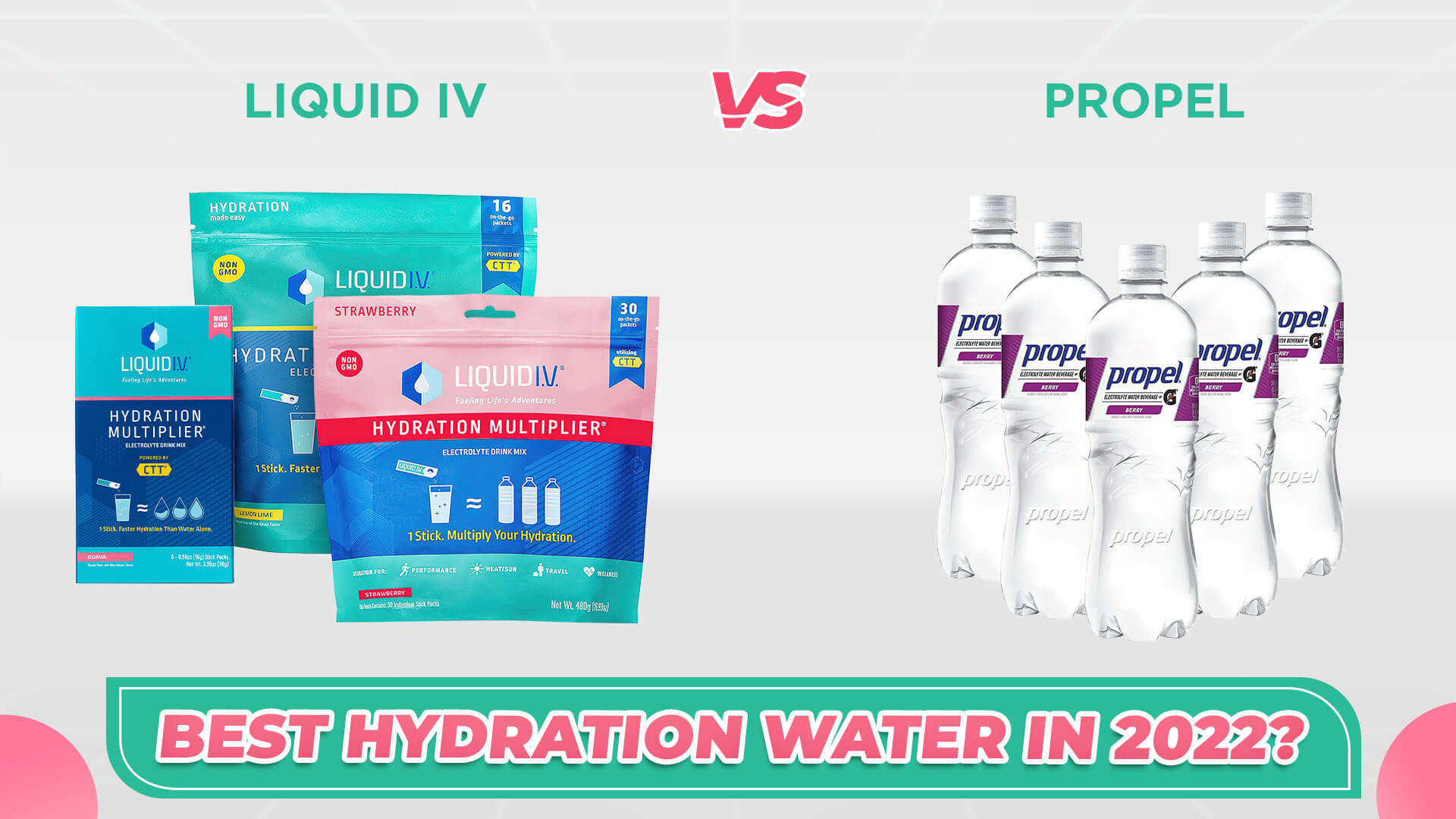Stage 3 Kidney Disease: Symptoms & Treatment
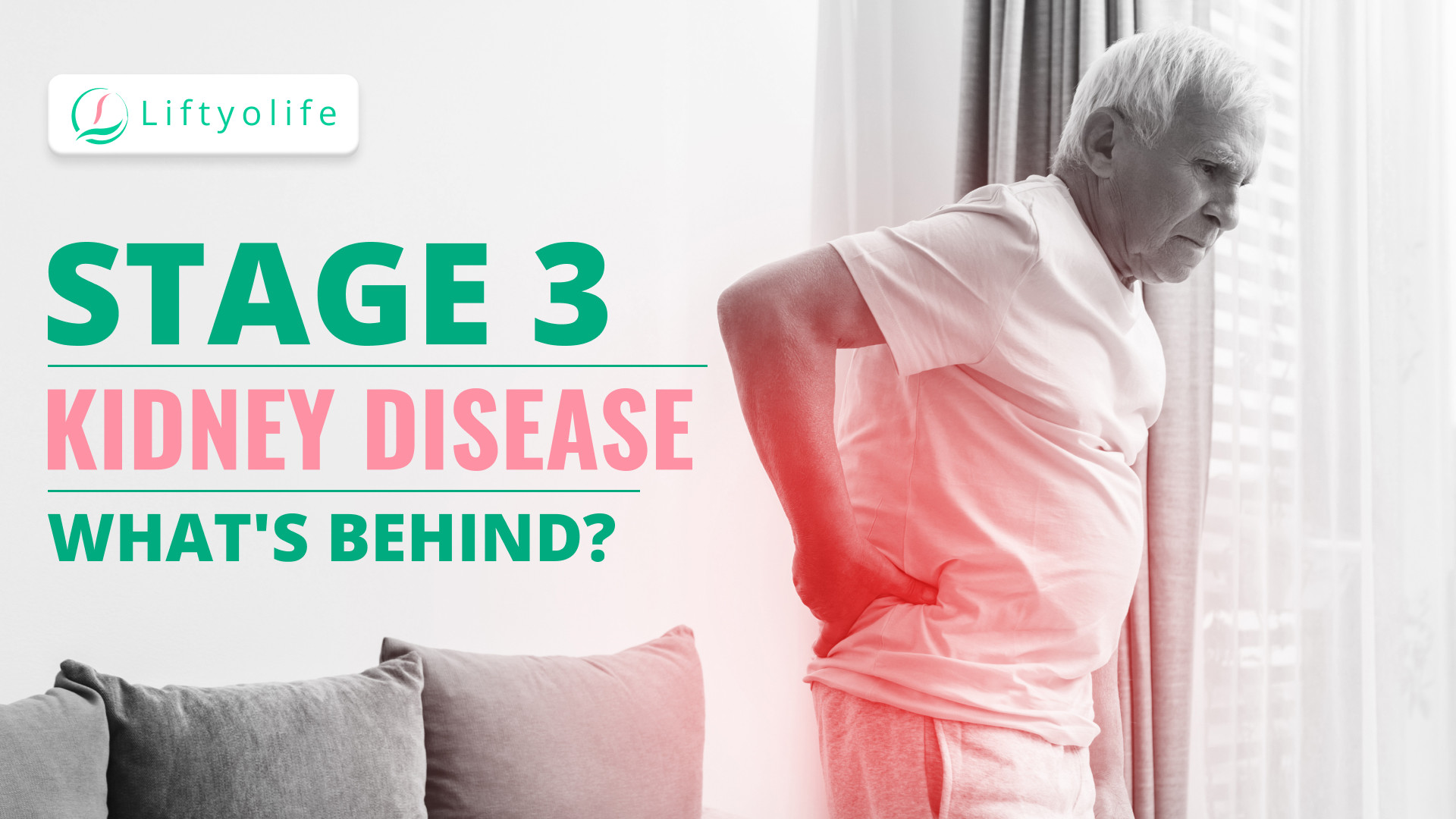
Stage 3 kidney disease: what are symptoms and treatment? Kidneys are the leader of the excretory system. They help red blood cells and keep bones strong by filtering waste and extra fluids from the blood. When they do not function properly, waste accumulates in the blood, causing harm to other organs. Stage 3 of this chronic disease is characterized by a transition into a severe phase. Liftyolife (liftyolife.com) can tell you how bad it will be. Go for it right now.
1. Chronic kidney disease stage 3
Stage 3 kidney disease is that the kidney’s function has been reduced by half, and most patients experience ancillary issues such as high blood pressure or bone problems. According to a review of 13 studies on stage 3 kidney disease, the all-cause mortality rate ranged from 6% in three years to 51% in ten years (1).
A doctor will examine your blood and urine to determine your glomerular filtration rate (GFR), which measures how well your kidneys work. Your GFR is calculated based on the results of these two tests. The GFR decreases moderately in stage 3 chronic kidney disease, resulting in a GFR between 30 and 59.
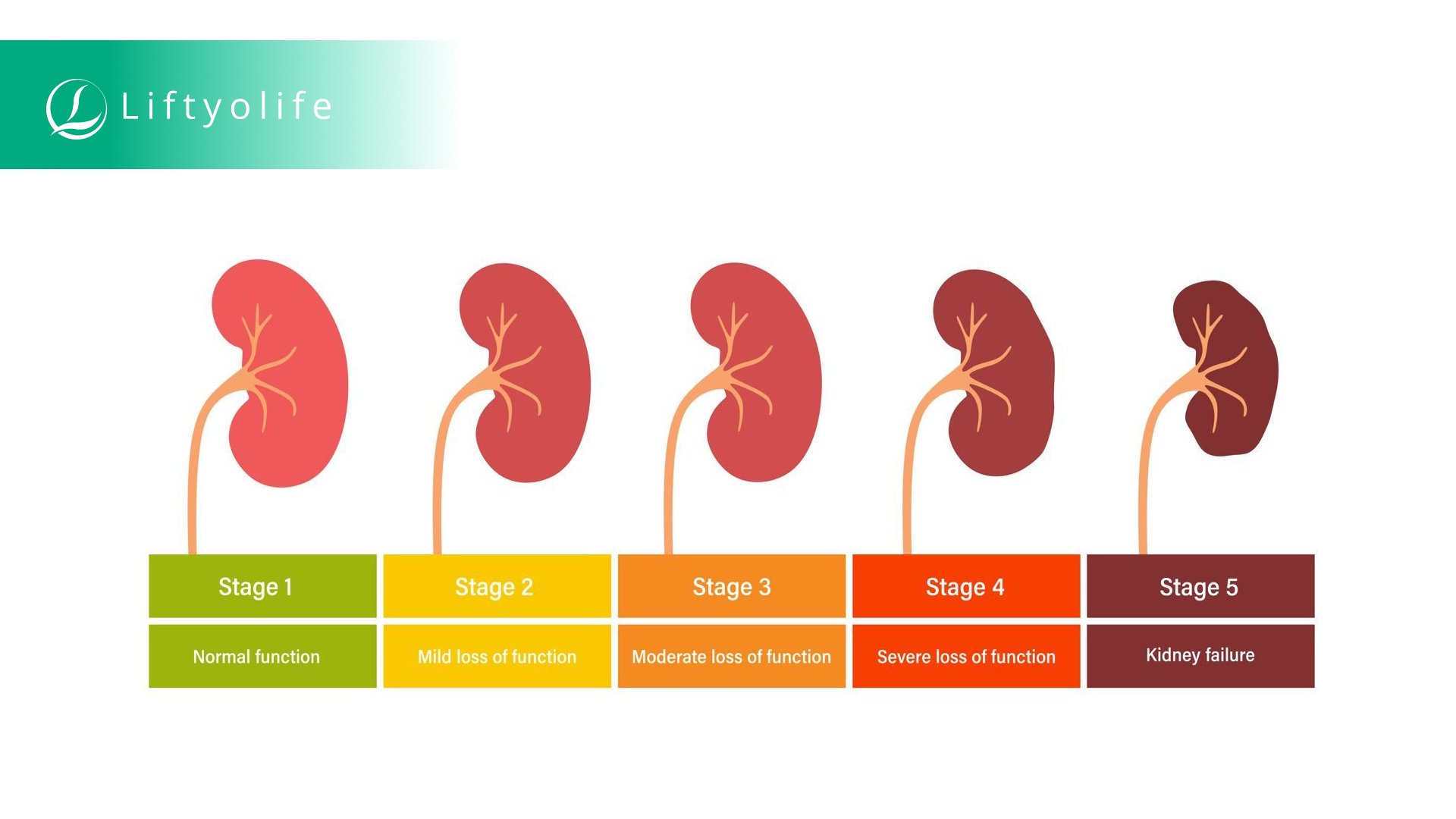
Chronic kidney disease stage 3
People with diabetes or high blood pressure are more likely to develop chronic kidney disease, but the kidneys can also be damaged in other ways. Even in people who do not have kidney disease, everyone’s GFR decreases with age.
By becoming your own doctor, you can slow the progression of chronic kidney disease.
2. Stage 3 kidney disease symptoms
Chronic kidney disease symptoms may go unnoticed in stages 1 and 2, but they become more noticeable in stage 3. Symptoms may begin to appear in stage:
- Fatigue
- Changes in Urination (foamy; dark orange, brown, tea-colored, or red if it contains blood; and urinating more or less than usual).
- Lower back pain.
- Fluid retention, extremity swelling (edema), and shortness of breath.
- Sleep issues because of muscle cramps or restless legs.
- Hand and foot swelling (fluid retention).
- Dry and itchiness of the skin.
- Weakness and other anemic-like symptoms.
- Increased blood pressure.
3. Impact of stage 3 kidney disease on your health
At stage 3, you are also more likely to develop health complications as waste accumulates in your body and your kidneys fail to function correctly, such as:
- Anemia (a low number of red blood cells).
- High blood pressure.
- Bones disease.
If stage 3 kidney disease is left untreated or worsens, you will progress to stage 4 kidney disease. The symptoms of stage 4 kidney disease are severe. It is also the final stage of kidney disease before kidney failure; at this point, you should consult with your doctor to plan for kidney failure.

Impact of stage 3 kidney disease on your health
If your kidneys fail, you will need dialysis or a kidney transplant. You will need to consider which type of dialysis you want, as there are several options. You will not need dialysis if you receive a transplant. On the other hand, a kidney transplant is when you find a donor who gives you a healthy kidney from their body.
4. Seeing a doctor when you have stage 3 CKD
A nephrologist should be consulted as stage 3 progress (a doctor who specializes in treating kidney disease). Nephrologists examine patients and perform lab tests to gather their condition and provide the best treatment advice. The goal of a nephrologist is to help their patients keep their kidneys working for as long as possible. Nonetheless, it is possible to be diagnosed with stage 3 CKD without having a history of CKD. This could be because stages 1 and 2 don’t usually cause any noticeable symptoms.
A doctor will perform the following tests to diagnose CKD stage 3:
- Urine examinations.
- Imaging tests.
- Blood pressure readings.
- eGFR tests (done every 90 days).
5. Treatment of kidney disease stage 3
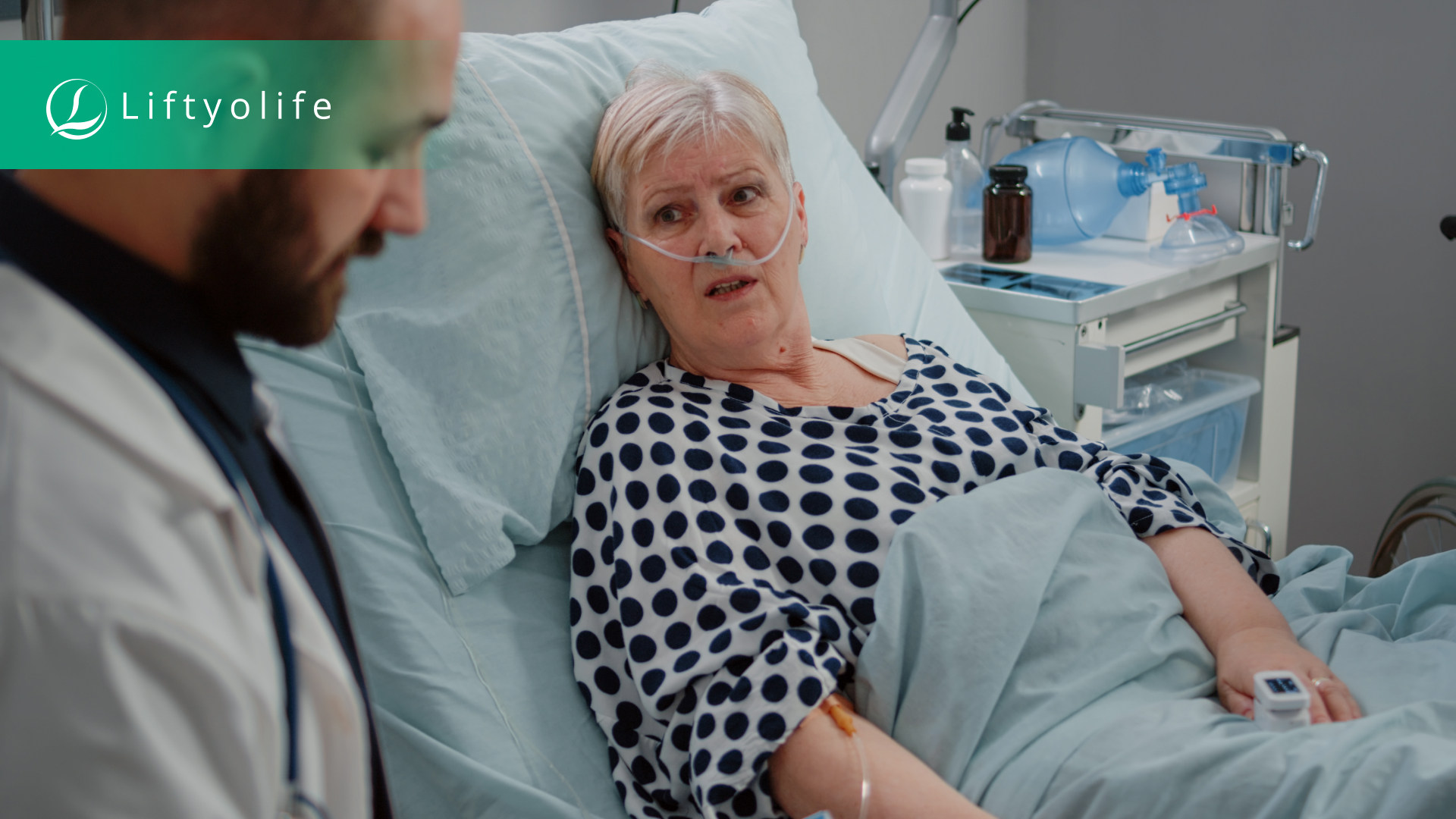
Treatment of kidney disease stage 3
5.1. Stage 3 kidney disease diet
- Be aware of your recommended daily protein intake: The protein intake recommendation for stage 3 is 0.8 g/kg body weight, the same as the recommendation for a healthy 150-pound adult. It’s critical to get your protein from high-quality sources like egg whites, fish, poultry, meat, soy, and small amounts of dairy.
- Reduce your sodium consumption: Limiting salt and high-sodium foods lowers blood pressure, helps blood pressure medications work better, and treats fluid retention. For stage 3 CKD, the sodium recommendation ranges from 1,000 to 4,000 mg/day.
- Keep an eye on your potassium levels: Limit high-potassium foods and potassium chlorides, such as bananas, cantaloupe, honeydew, avocado, legumes, milk, potatoes, seeds, nuts, tomato products, and yogurt, to reduce an elevated potassium level.
- Track your caloric intake: Adequate caloric intake can prevent weight loss if you’re at a healthy weight or provide extra calories if you’re underweight.
- Consume good fats: Poly- and monounsaturated fats from canola oil, vegetable oil, and olive oil should replace unhealthy fats. Limiting your intake of high-cholesterol foods is good advice.
- Reduce your phosphorus consumption: Foods high in phosphate or phosphate additives should be avoided, such as whole-grain bread, organ meats, processed foods, cola beverages, cheese, liver, peanut butter, dried beans, dairy products, and chocolate.
- Pay attention to signs of fluid retention: Fluid retention is characterized by sudden weight gain, shortness of breath, swelling in the feet, hands, face, and high blood pressure.
5.2. Medical treatment
Dialysis or a kidney transplant are not required for stage 3 CKD. Instead, you will be given medications to treat underlying medical conditions that could be causing kidney damage. For high blood pressure, these include angiotensin-converting enzyme (ACE) inhibitors and angiotensin II receptor blockers (ARBs), as well as glucose management for diabetes.
Kerendia (finerenone) is a prescription medication that can lower the risk of long-term GFR decline, end-stage kidney disease, cardiovascular death, nonfatal myocardial infarction, and hospitalization for heart failure in adults with type 2 diabetes and chronic kidney disease (CKD).
Your doctor also prescribes medications to help with CKD side effects, such as:
- Cholesterol-lowering medications.
- Vitamin D and calcium supplements prevent bone fractures.
- Anemia iron supplements.
- Diuretics are used to treat edema.
6. Living with stage 3 kidney disease
Aside from eating right and taking prescribed medications, regular exercise and not smoking can help to extend kidney health. Patients should consult with their doctors about developing an exercise regimen. Moreover, doctors can also offer advice on how to quit smoking.
- Controlling blood pressure: High blood pressure may be a precursor to CKD and exacerbate your condition. Aim for a blood pressure of less than 140/90.
- Exercise: 5 days a week, aim for at least 30 minutes of moderate activity. A doctor can assist you in starting an exercise program safely.
- Quitting smoking: Consult a doctor about the best ways to quit smoking for you.
- Stress reduction: Exercise, better sleep, and meditation are techniques.
7. Can stage 3 kidney disease be reversed?
CKD stage 3 treatment aims to keep the disease from progressing further. There is no cure for any stage of CKD, and kidney damage cannot be reversed. However, if you’re at stage 3, you can still reduce further damage. In stages 4 and 5, it is more difficult to prevent progression.
8. Stage 3 kidney disease life expectancy
Stage 3 has a longer life expectancy than more advanced stages of this disease when diagnosed and managed early. Estimates can differ depending on age and lifestyle. According to one estimate, men over the age of 40 have a life expectancy of 24 years, and women over the age of 40 have 28 years.
Aside from your overall life expectancy, you should think about your risk of disease progression. One 10-year study of stage 3 CKD patients discovered that roughly half of them progressed to more advanced stages of kidney disease.
Kidney disease reduces one’s life expectancy. You shouldn’t expect to have many severe symptoms if you have stage 3 kidney disease. Keeping medical appointments, taking medications, living a healthy lifestyle, and monitoring your blood pressure and blood sugar are the most important aspects of preventing kidney failure.
==> Read More:
